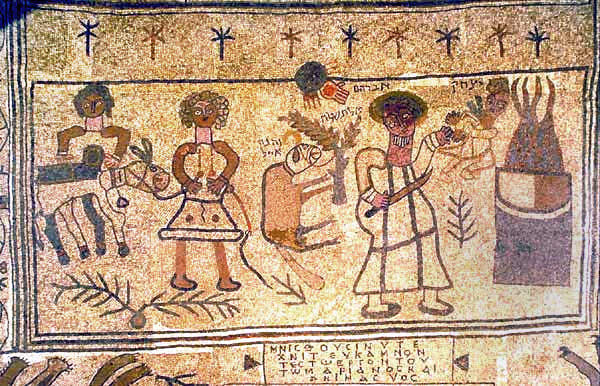
In school, did you like math and foreign language classes? Most people hated them, but for some reason I loved both. Frankly, it’s only since moving to Knoxville, Tennessee, and having so many scientists as congregants, that I finally came out as a math nerd. In fact, I’m told that math, languages, and music all share the same brain space, and I’ve always enjoyed each of them very much.
There’s a certain trajectory to learning a new language. Some people can learn languages by strict immersion, but I’ve never been able to replicate the first-language acquisition of babies. I don’t think I’d be very lucky if you dropped me off in a foreign country, and I had to sink-or-swim in Mandarin, Tagalog, or Polish. I usually need some lessons – a few solid months, say – to get the basics down, and then I can pick up the vocabulary, idioms, and slang from there.
Learning a new language can be thrilling, a roller-coaster. There’s that initial period, usually when you’re first set loose to explore the local market, and told to come back with toothpaste and toilet paper. It’s exciting, terrifying, and exhilarating. You’re nervous to navigate the sea of culture and language, awkward when you listen to directions and get half lost along the way, and then faltering as you try to piece together your order. But there is the thrill of conquest when you make your first purchase and head home.
There are so many wondrous milestones of language acquisition: the first time you eavesdrop on a bus, the first time you make a joke, the first time you ask someone out. Sure, there’s also the embarrassment of your first faux pas. (I was reprimanded for asking why Africans smell bad, sentir mauvais, when I was trying to ask about their bad health, mauvais santé.) Of course, there’s the excitement and intimacy of connecting with a new person through a conversation in their own language. And eventually, there’s the satisfaction of finally getting good at it, of being able to hold full and profound conversations about politics, art, or philosophy.
I think we might feel all of these things, in any of the many areas that require great investment of time. If you put 10,000 hours into the mastery of guitar playing, soccer ball handling, or computer programming, there must be analogous milestones with each of these feats: the first triumphant solo, goal, or app. We don’t often speak of Judaism this way, but we could.
Judaism takes a lot of chutzpah to start – a certain fearlessness (just as I bet that most people test out Spanish at a bar). Those tremulous first encounters – a botched khaf, a butchered blessing, an awkward opening of Torah from the wrong side – require a certain bluster. Hopefully, it doesn’t end there, because the milestones are wonderful and frustrating: the first time you can share in a discussion; the first time you laugh with a Hebrew or Yiddish joke; even the first time you catch your rabbi making a mistake. All these are powerful touchstones to look back upon, and engines to drive you forward.
What’s more, it never ends. If it takes 10,000 hours to master piano, I can’t guess when you might master Judaism. There’s simply too much material to ever know enough. So, you keep coming back. You keep learning and striving. Along the way, you probably have fun, meet some great people, even learn some life-changing things. The interesting part is that it’s really a case of “the more you put into it, the more you get out of it.” The more Torah you read, the better your Hebrew, the more rabbinic texts you study, the more it all makes sense. You see how one piece of tradition forms a commentary on another piece. You catch how and why the seasons and calendar all fit together. Instead of feeling like lots of small, funny shaped, unwieldy individual pieces, your experience coheres into a beautiful mosaic. It starts to feel important, authentic, authentically you, and comprehensive. Go for it.
email print